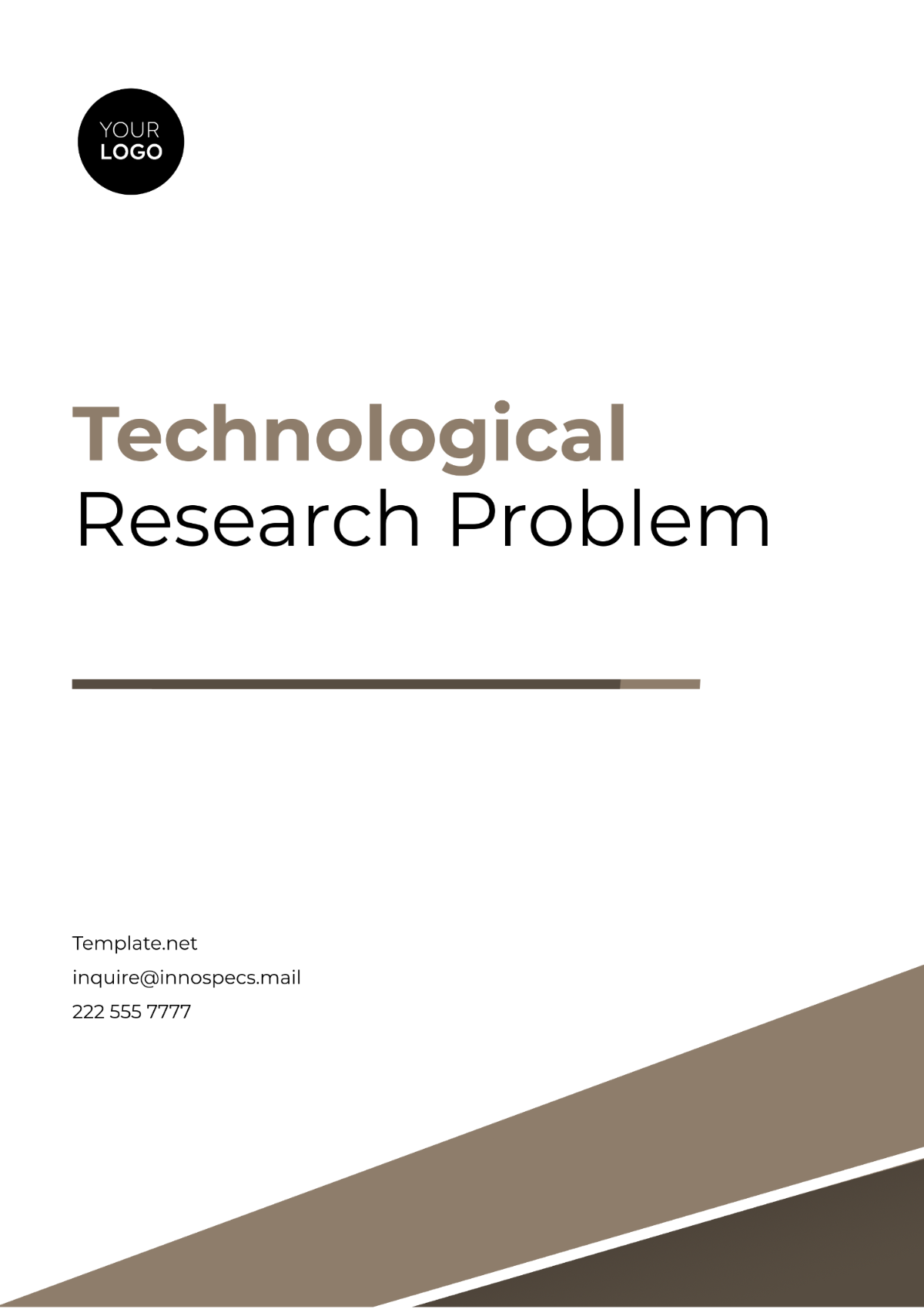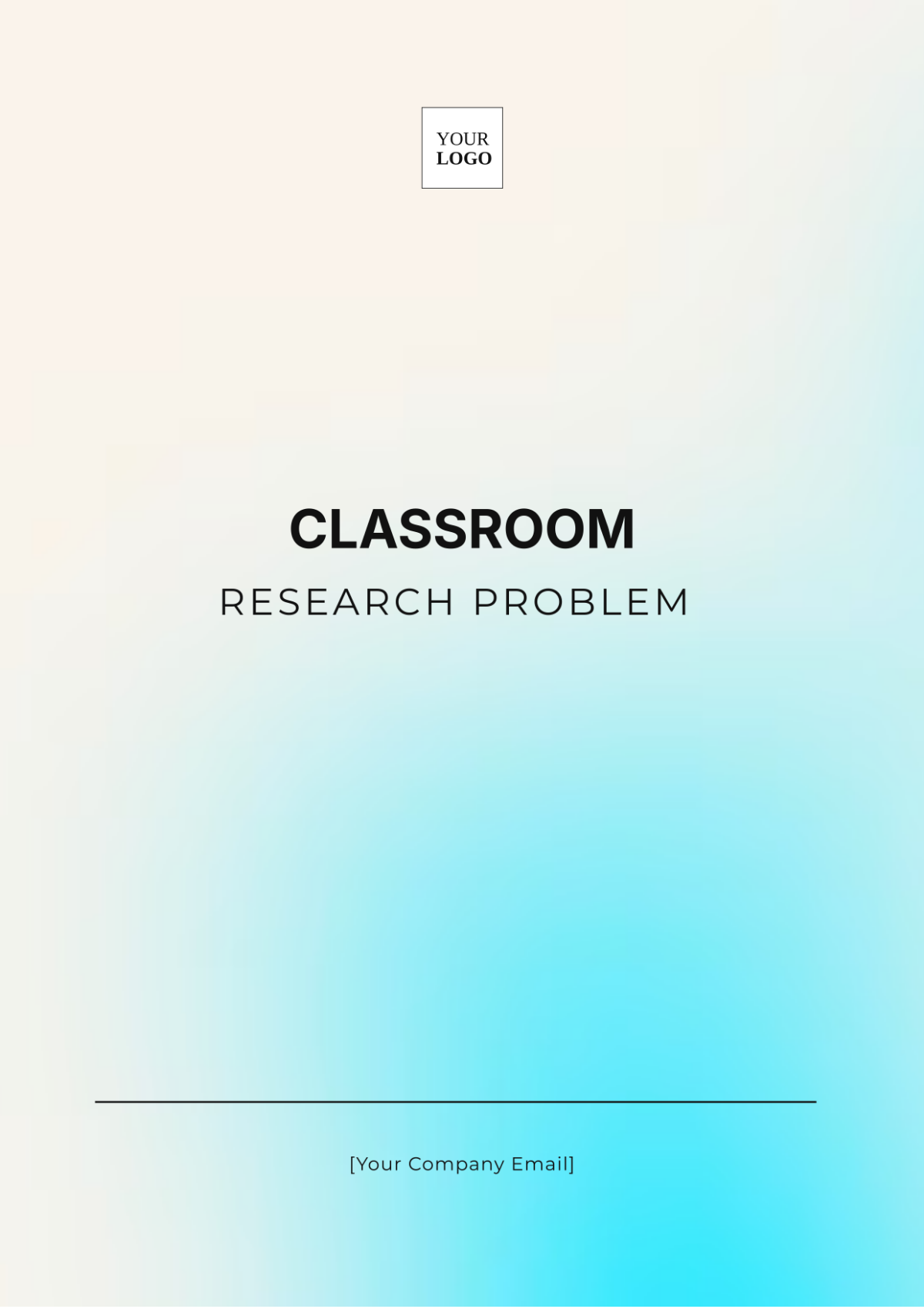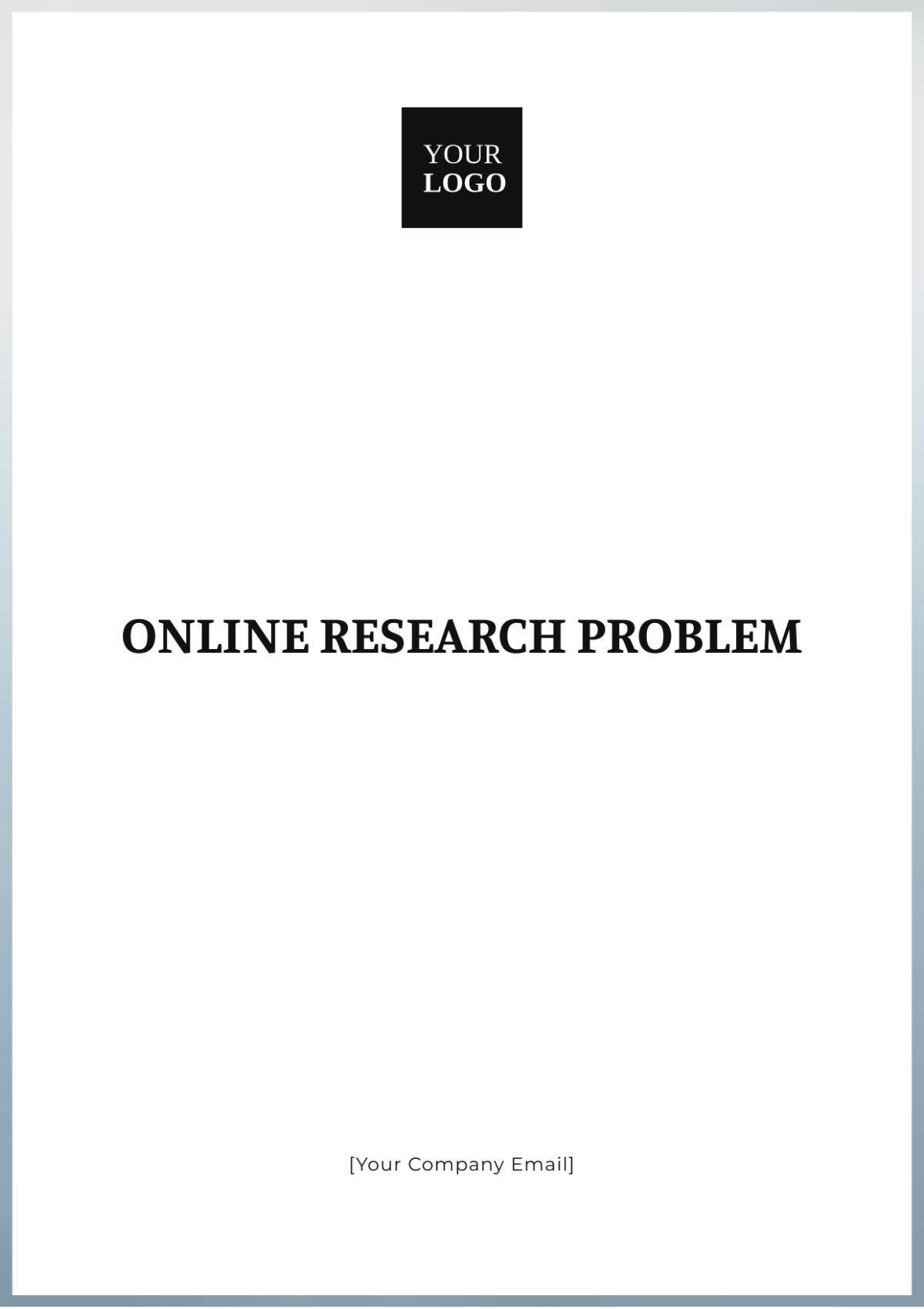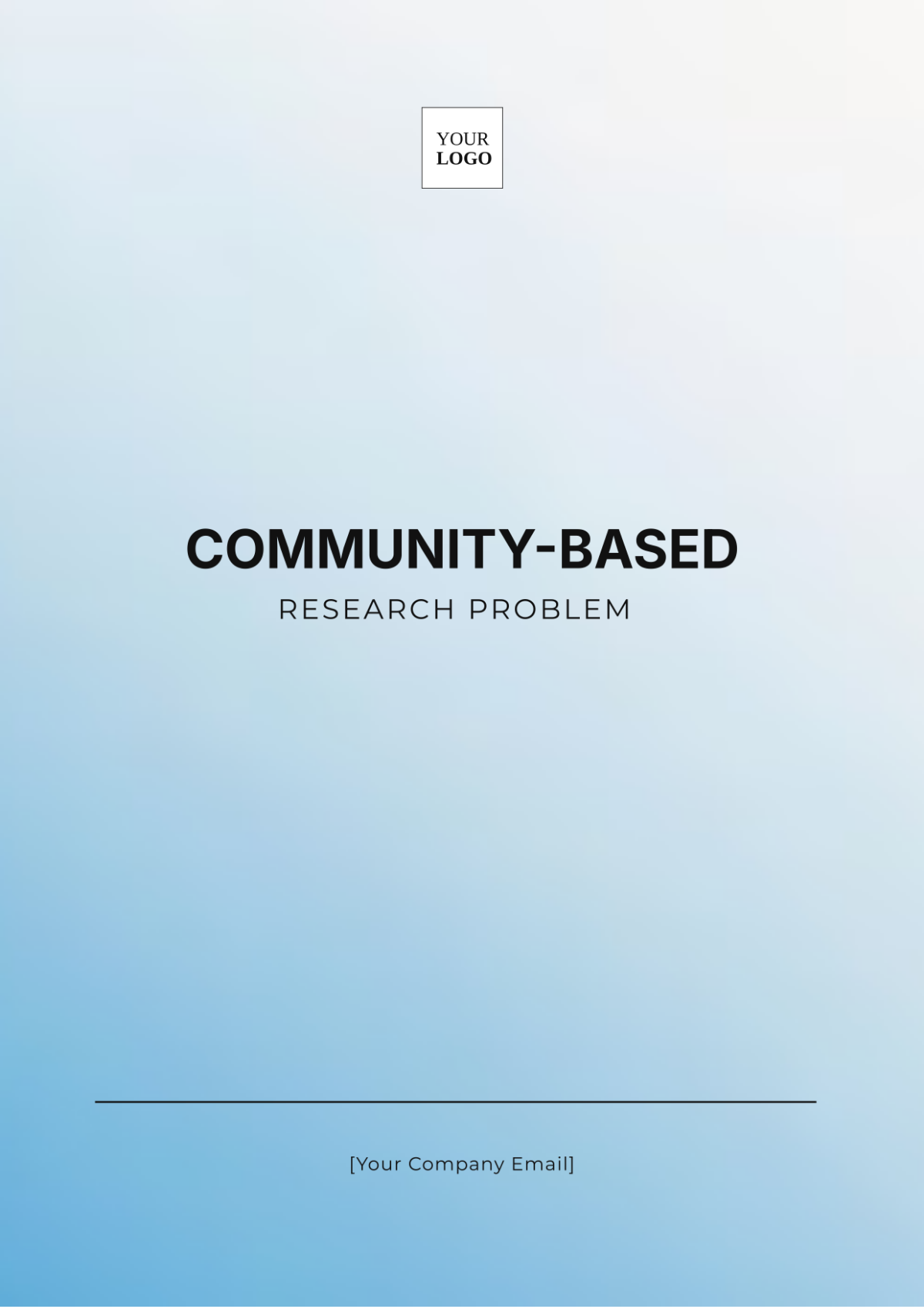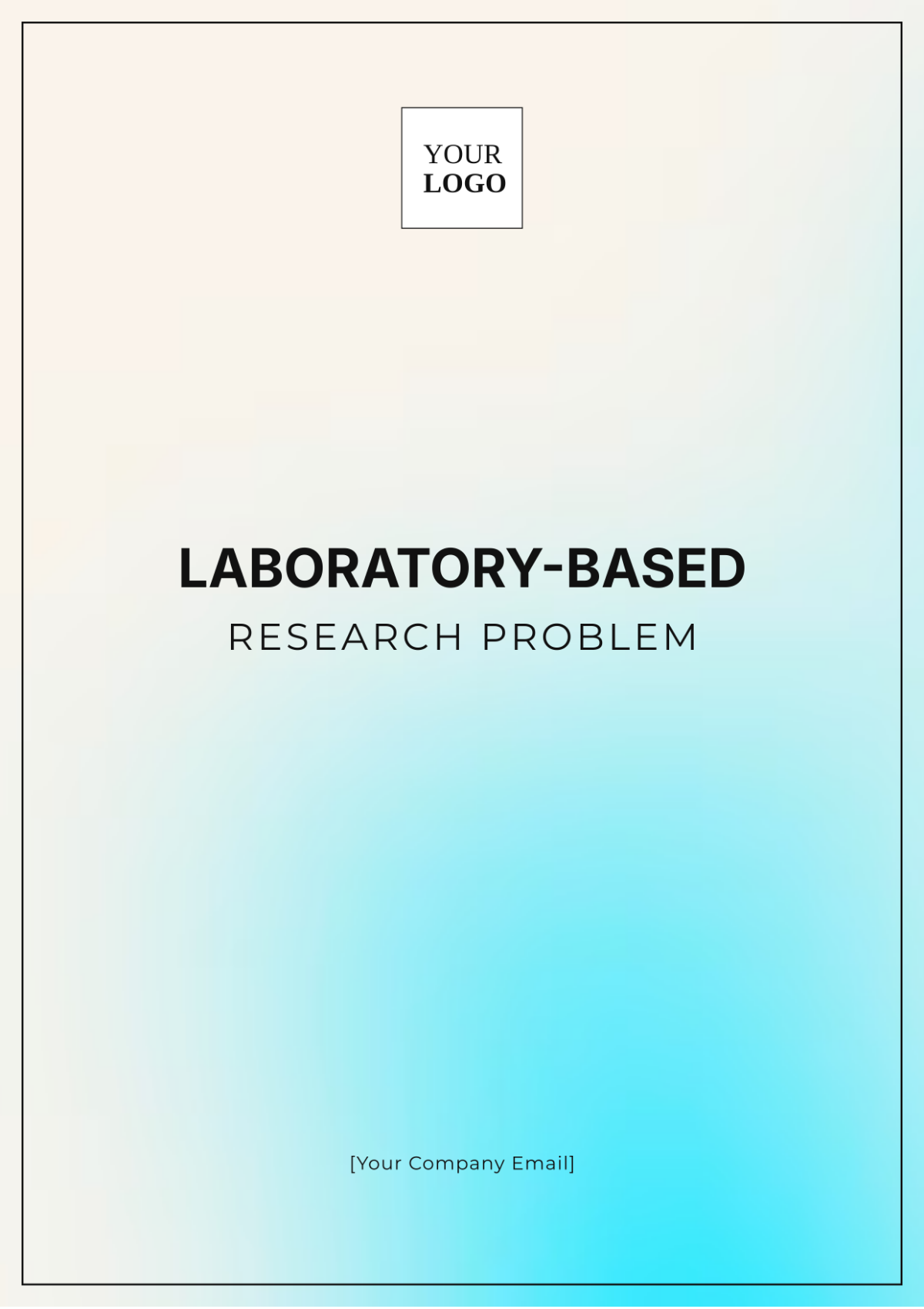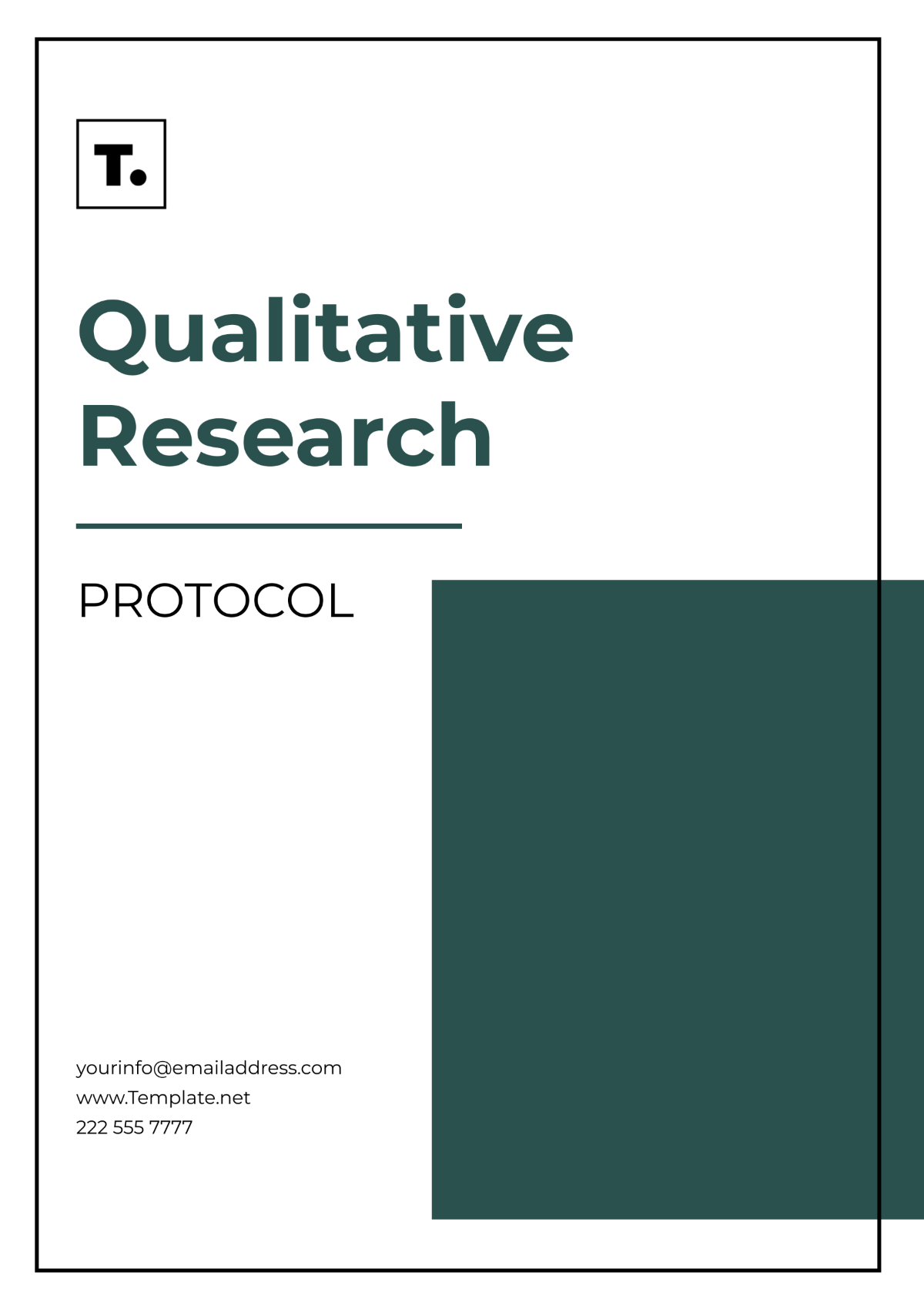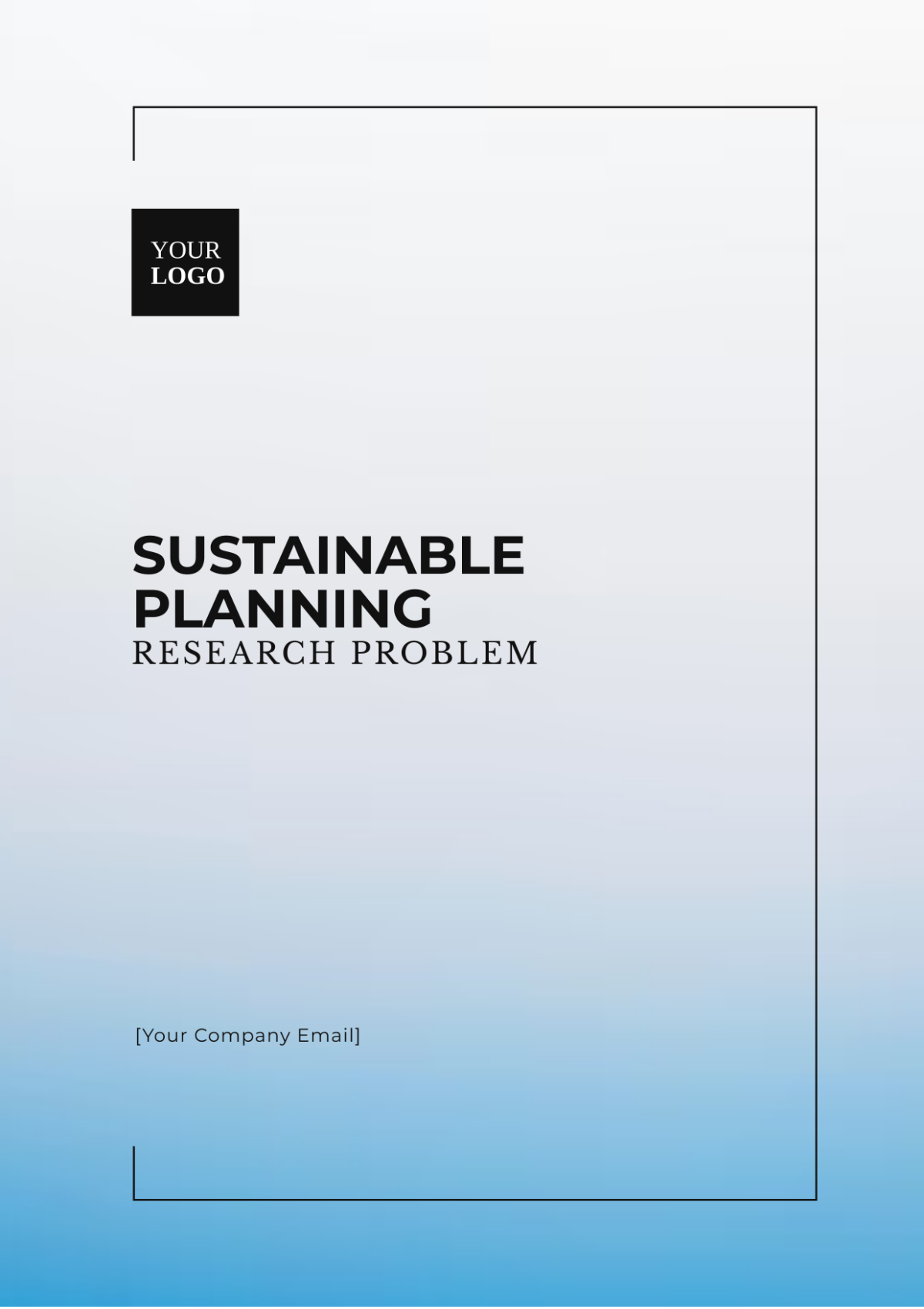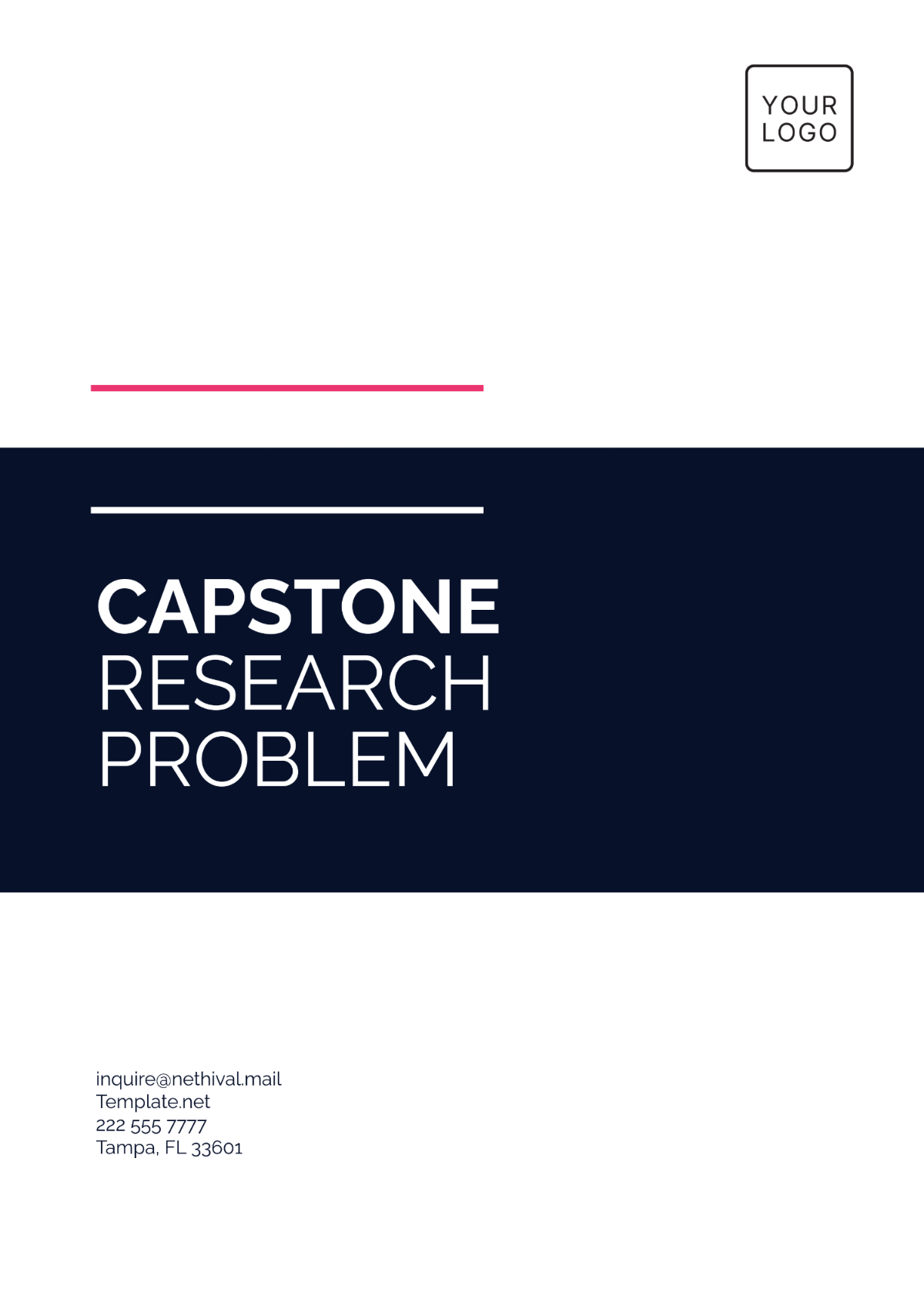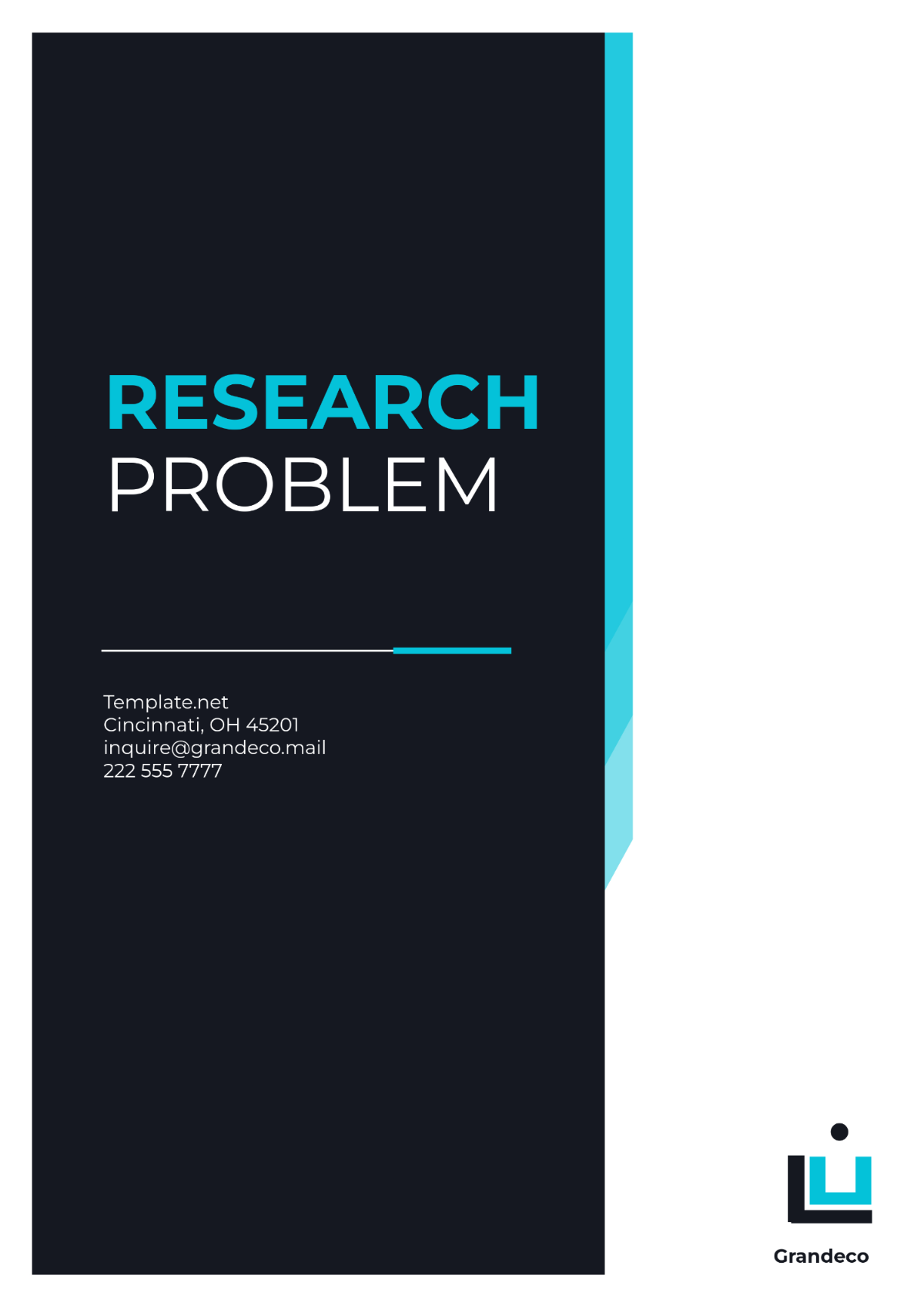Educational Apps Action Research
Prepared By: [Your Name]
Organization Name: [Your Company Name]
1. Introduction
The role of technology in education has expanded significantly, with educational apps becoming increasingly vital tools in classrooms and learning environments. These apps have the potential to enhance student engagement, improve learning outcomes, and provide personalized educational experiences. This action research aims to systematically investigate the development, use, effectiveness, and impact of educational apps. Through gathering data, analyzing outcomes, and making informed decisions, the goal is to refine app design and implementation to better meet the educational needs of students and educators.
2. Research Questions
This research is guided by several key questions:
Effectiveness: How effective are educational apps in achieving desired learning outcomes?
User Engagement: What are the patterns of student engagement with educational apps, and how do these patterns influence learning?
Design and Functionality: What improvements can be made to the design and functionality of educational apps to enhance their educational impact?
Impact on Learning: What is the overall impact of educational apps on student motivation, participation, and academic performance?
Equity and Accessibility: How accessible are educational apps for all students, and do they promote equitable learning opportunities?
3. Methodology
This research adopts a mixed-methods approach, incorporating both qualitative and quantitative data collection methods:
Literature Review: Review of existing research on the effectiveness of educational apps in various educational settings.
Surveys: Distribution of surveys to gather feedback from students and educators on their experiences with educational apps.
Focus Groups: Conducting focus group discussions to gain deeper insights into the experiences and perceptions of app users.
Data Analysis: Analysis of user interaction data to identify patterns in engagement and learning outcomes.
Case Studies: Examination of specific educational apps in use to understand their real-world impact on learning.
4. Findings
4.1 Effectiveness of Educational Apps
Educational apps generally show positive effects on student learning outcomes. For example, a mock app used in the study demonstrated a 10-15% improvement in quiz scores over a semester. This indicates that apps featuring interactive and adaptive learning tools can effectively enhance learning experiences.
4.2 User Engagement
Apps with interactive features, such as quizzes and games, tend to increase user engagement. A mock app analyzed in the study showed a significant rise in engagement, with average session times extending by approximately 20 minutes compared to traditional methods. This suggests that interactive elements can effectively capture and maintain students' interest.
4.3 Design and Functionality
The design and functionality of educational apps are crucial for their effectiveness. A mock app received positive feedback for its user-friendly interface, which was noted for being easy to navigate. This feedback highlights the importance of clear and intuitive design in making apps accessible and effective for a wide range of students.
4.4 Impact on Learning
Educational apps can enhance student motivation and participation in classroom activities. For instance, a mock app contributed to a 25% increase in student engagement during lessons, demonstrating that well-designed apps can play a significant role in making learning more interactive and motivating.
4.5 Accessibility and Equity
Accessibility remains an important consideration for educational apps. The research found that while some mock apps offer inclusive design features, there is room for improvement to better serve students with disabilities. Ensuring that apps are fully accessible to all users is essential for promoting equity in education.
5. Recommendations
Based on the findings, the following recommendations are proposed:
Enhance Usability: Focus on improving the user interface design to ensure that it is intuitive and accessible for all students. Simplify navigation and design elements to cater to diverse age groups and user needs, making the app more effective and user-friendly.
Integrate Personalized Learning: Incorporate features that allow for personalized learning experiences. This could include adaptive learning paths that adjust to each student’s pace and progress, enhancing the effectiveness of the app in meeting individual learning needs.
Focus on Engagement: Continue to develop and refine interactive features that engage users effectively. Features such as quizzes, games, and real-time feedback can help maintain student interest and encourage consistent use of the app.
Ensure Accessibility: Prioritize the development of features that ensure the app is accessible to all students, including those with disabilities. Implement inclusive design practices to make the app usable for a wide range of users, thereby promoting equity in educational opportunities.
6. Conclusion
This Educational Apps Action Research highlights the growing importance of educational apps in fostering student engagement and improving learning outcomes. By systematically investigating their development, use, and impact, this research provides valuable insights that can guide future improvements in app design and implementation. Ensuring that these tools are effective, engaging, and accessible will be crucial in supporting the diverse needs of students in modern learning environments.


















